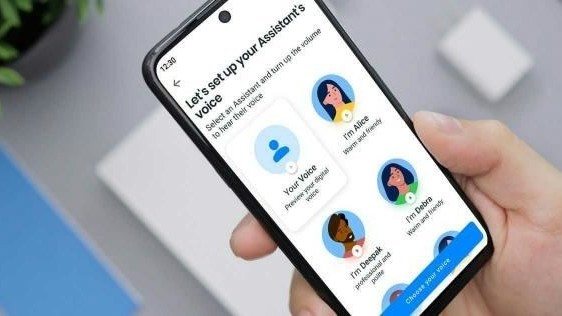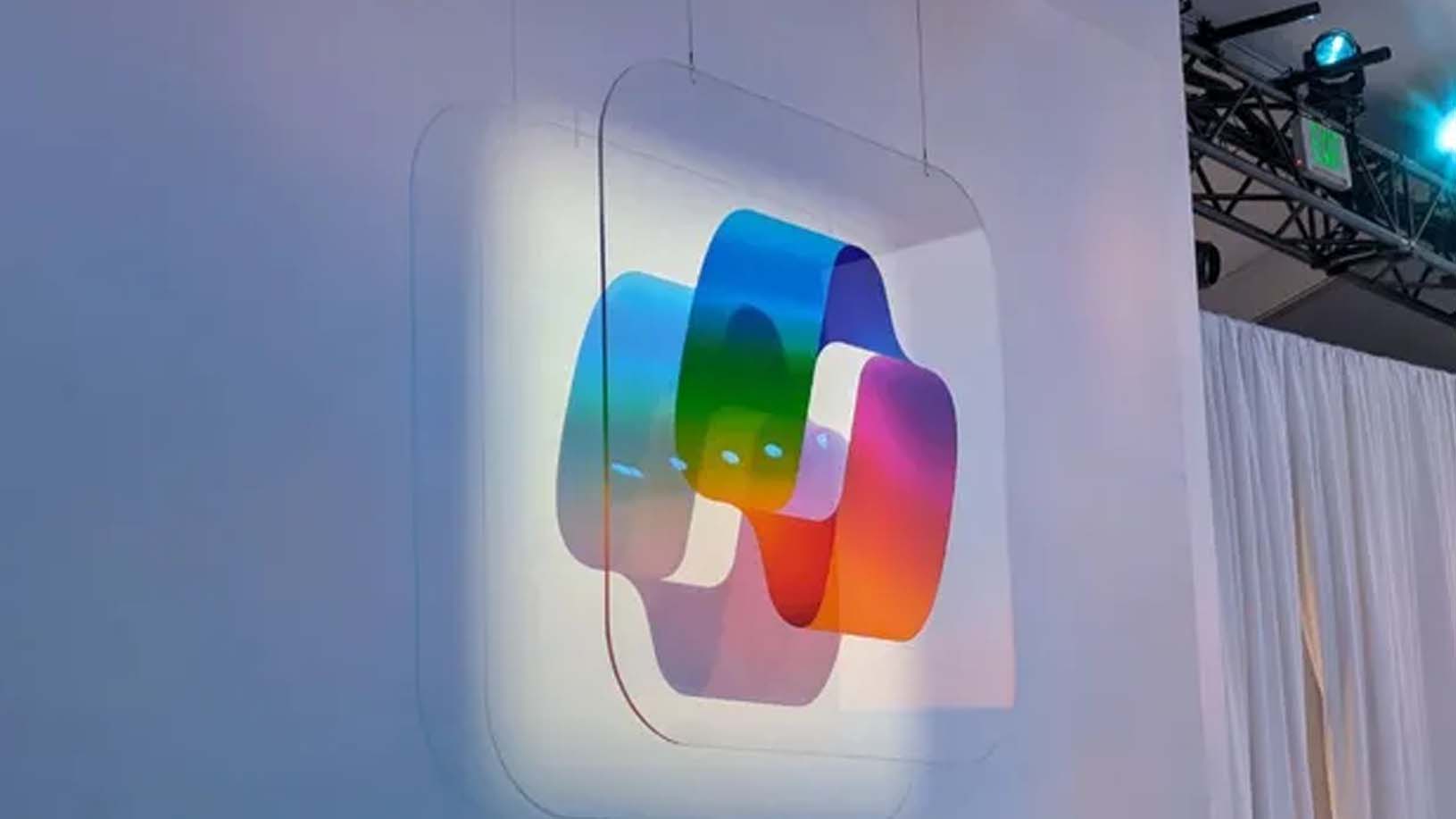Microsoft Azure AI can now create a digital copy of your voice to answer phone calls
Microsoft's latest AI feature can completely replicate your voice, and Truecaller can use that voice to take calls for you.

All the latest news, reviews, and guides for Windows and Xbox diehards.
You are now subscribed
Your newsletter sign-up was successful
What you need to know
- Truecaller is an app that can block spam calls and identify phone numbers.
- The app can also handle phone calls for you using a digital voice.
- Now, Truecaller Assistant can create a digital copy of your own voice to answer phone calls.
- Truecaller uses Microsoft Azure AI Speech to replicate your voice.
Truecaller is a popular app for handling phone calls and preventing you from having to deal with spam. The app can identify numbers, keep an eye out for SMS fraud, and answer phone calls for you. Now, Truecaller can handle those calls with a digital replication of your voice.
The ability to replicate your voice is powered by Microsoft Azure AI Speech. That Azure technology was first released to some users at Ignite 2023 last November, but it is now generally available. Microsoft detailed the ability to create personalized voices with Azure AI Speech in a recent blog post.
Azure AI Speech can be used in a variety of situations, such as translating speech to sound as if the original speaker is speaking in another language. The tool can also be used for video content creation, audiobooks, and podcasts. Voice assistants, such as the one now available through Truecaller, can be made with Azure AI Speech as well.
"By integrating Microsoft Azure AI Speech’s personal voice capability into Truecaller, we've taken a significant step towards delivering a truly personalized and engaging communication experience. The personal voice feature allows our users to use their own voice, enabling the digital assistant to sound just like them when handling incoming calls, said Truecaller in a recent post.
"This groundbreaking capability not only adds a touch of familiarity and comfort for the users but also showcases the power of AI in transforming the way we interact with our digital assistants."
Microsoft has several safeguards in place surrounding its digital voice technology. The feature requires consent from the original speaker and disclosure of the fact that the voice is synthetic. Microsoft also prohibits using Azure AI Speech to impersonate a person or deceive people using a digital voice. Impersonation of voices has filled headlines recently with accusations of OpenAI copying Scarlett Johannson's voice.
To help with security, Microsoft automatically adds a watermark to speech output created with personal voices. The tech giant cites 99.7% accuracy when detecting watermarks in audio recordings.
All the latest news, reviews, and guides for Windows and Xbox diehards.
Truecaller has its own security features as well, including the app specifying that a voice is a digital replication.
To create a digital copy of your voice, you just need to let Truecaller record a few seconds of your actual voice. The feature requires the latest version of the Truecaller app and a subscription to Truecaller Premium, which costs $4.99 per month.
While it's in a different sector, we've heard digital voices made with Azure before. Stardock used eight hours of AI-generated voiceover in Galactic Civilizations IV: Supernova. My interview with Stardock's Brad Wardell about the game and its AI-generated voices includes examples of a voice actor and a digital copy of his voice, which should give you a gauge for how realistic Azure-created voices can sound.

Sean Endicott is a news writer and apps editor for Windows Central with 11+ years of experience. A Nottingham Trent journalism graduate, Sean has covered the industry’s arc from the Lumia era to the launch of Windows 11 and generative AI. Having started at Thrifter, he uses his expertise in price tracking to help readers find genuine hardware value.
Beyond tech news, Sean is a UK sports media pioneer. In 2017, he became one of the first to stream via smartphone and is an expert in AP Capture systems. A tech-forward coach, he was named 2024 BAFA Youth Coach of the Year. He is focused on using technology—from AI to Clipchamp—to gain a practical edge.

